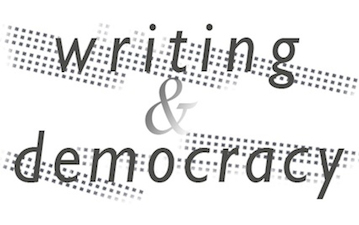The Next Flight
Jefferey Renard Allen
He slips into his flight machine. From now on no more red-eye. No more stand-by or baggage restrictions. He will go wherever he wants whenever he wants and take along whatever he wishes to, one suitcase or ten or a hundred. And he will stay up above to his long heart’s content. Indeed, habit has taught him that his best ideas come to him 40,000 feet above ground while strapped in an aisle seat with a cup of coffee steaming up from the slim rectangle of his tray table and a gossamer web of clouds framed in his little square of window. A frequent flyer. Always on the move. Always elsewhere. In the air he can invent in ways that he can’t on the ground, can draw up ideas mere blueprints can never capture. This matter of invention—never in his office. Never in his dreams.
His passion for flight emerged many years ago when his grandmother Buelah first told him the story of the Flying Africans, the earliest known Transatlantic Flight. At the uncluttered and impressionable age of seven he understood aerodynamics as thing to live by. And so he resolved to live thus.
From the first plane shaped from paper on the sly at his classroom desk, to the balsa wood kit he received on his eleventh birthday, to the bi-plane he constructed from mangrove, bamboo, and banana leaf (an object lesson in objects) in his senior year of college, to his prototype for a single-person flying machine that he developed as his graduate thesis—and his many other inventions back in the age of wire and string. The reading, too: wings made of wax, little green men in flying saucers, fakirs who fly on carpets or rainbows, Marco Polo’s maiden voyage around the world in eighty days in a crude dirigible as recounted in Italo Calvino’s seminal study Invisible Cities, the clandestine shuttle routes of desperate but determined runagates as transcribed in Ishmael Reed’s Flight to Canada, to the strange compasses, instrument panels, and cobblestone runways dating back to the first century C.E. unearthed in recent archaeological digs in the Congo and Dar es Salaam, to Leonardo’s Codex on the Flight of Birds. To become who he is today, he put Leonardo’s thoughts into his own language, along with the thoughts of many others. Leonardo, Newton, Liang, Werner von Braun, the Wright Brothers—he believes himself their equal. Only sky is his superior. Every thing he possesses in the shape of knowledge, learning, and experience he has made conform to his disposition to imagine and engineer and pilot.
He lays the weight of his fingers on the delicate wings. Checks his gauges. Adjusts his belts and straps. Time to take to the sky. And so he does, although he is already thinking ahead, thinking about his next flight, in a craft indistinguishable from air, made of air itself.
Jeffery Renard Allen holds a PhD in English (Creative Writing) from the University of Illinois at Chicago and has published three books, Stellar Places and Harbors and Spirits, both collections of poems, and the novel Rails Under My Back, which won the Chicago Tribune’s Heartland Prize for Fiction. His essays, reviews, fiction, and poetry have appeared in the Chicago Tribune, Poets & Writers, Triquarterly, Ploughshares, BOMB, Hambone, StoryQuarterly, African Voices, African American Review, Callaloo, Black Renaissance Noire, Literary Review, XCP: Cross Cultural Poetic, and other publications. He has received numerous awards for his work including a Whiting Writer’s Award, the Chicago Public Library’s 21st Century Award, and a Recognition for Pioneering Achievements in Fiction from the African American Literature and Culture Association. Allen is currently working on a novel and is an associate professor of English at the City University of New York, Queens College and an instructor in the graduate writing programs at The New School and Columbia University.
The Next Flight / Jefferey Renard Allen
- Categories →
- Faculty
- Works
Portfolio
-
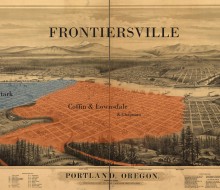
Frontiersville

-

Civic Engagement / Luis Jaramillo

-

Elizabeth Gaffney in Conversation with Jessica Sennett

-
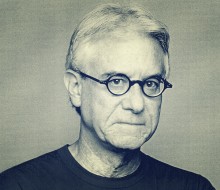
A Trip to Hibbing High / Greil Marcus

-

Literature in Evolution / Lena Valencia

-

Transmissions: The Literature of Aids / Josué Rivera

-

Four Poems / Catherine Barnett

-

Christopher Pugh: To Colorado

-
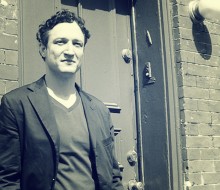
Animal Farm: Timeline & Bias / John Reed

-

She Hath Writ Diligently Her Own Mind: Elizabeth Childers / Bean Haskell

-

Bob Dylan’s Memory Palace / Robert Polito

-

Ari Spool: Bricks

-
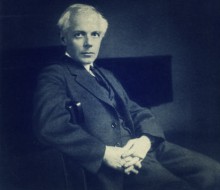
Revisiting the Final Years of Béla Bartók / Liben Eabisa

-
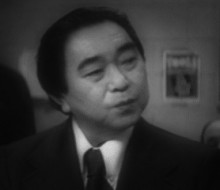
Conrad Hamanaka Yama / Zoe Rivka Panagopoulos & Ricky Tucker

-
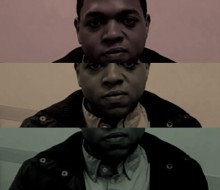
Community

-
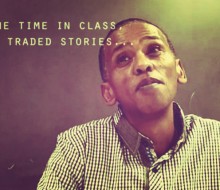
Class Stories

-
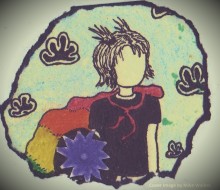
No Scripts / Bean Haskell

-
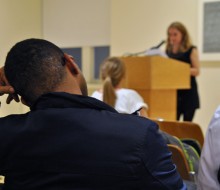
Spring’s Last Words: Riggio Student Reading / Ashawnta Jackson

-

GPS / Patricia Carlin

-

Midway / Laura Cronk

-

A Certain Rainy Day / Zia Jaffrey

-

The Story Prize

-
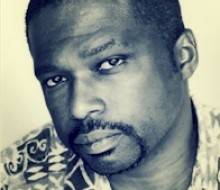
The Next Flight / Jefferey Renard Allen

-

The Inquisitive Eater Blog First Year Anniversary: March 18, 2013 / Jessica Sennett

-

Riggio Forum: Sean Howe / Natassja Schiel & Jessica Sennett

-

Down the Manhole / Elizabeth Gaffney

-
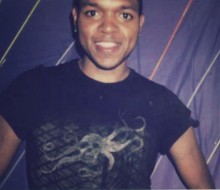
He Saw Me / Ricky Tucker

-

Nonfiction Forum: Tom Lutz / Ashawnta Jackson & Nico Rosario

-
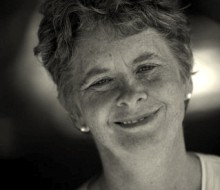
Homage to Bill McKibben / Suzannah Lessard

-
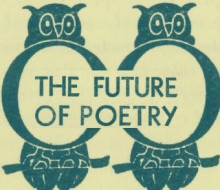
The Unsolved Mystery of “Epitaph to a Love” by Mildred Green, 1948 / Jessica Sennett

-

Dancing About Writing

